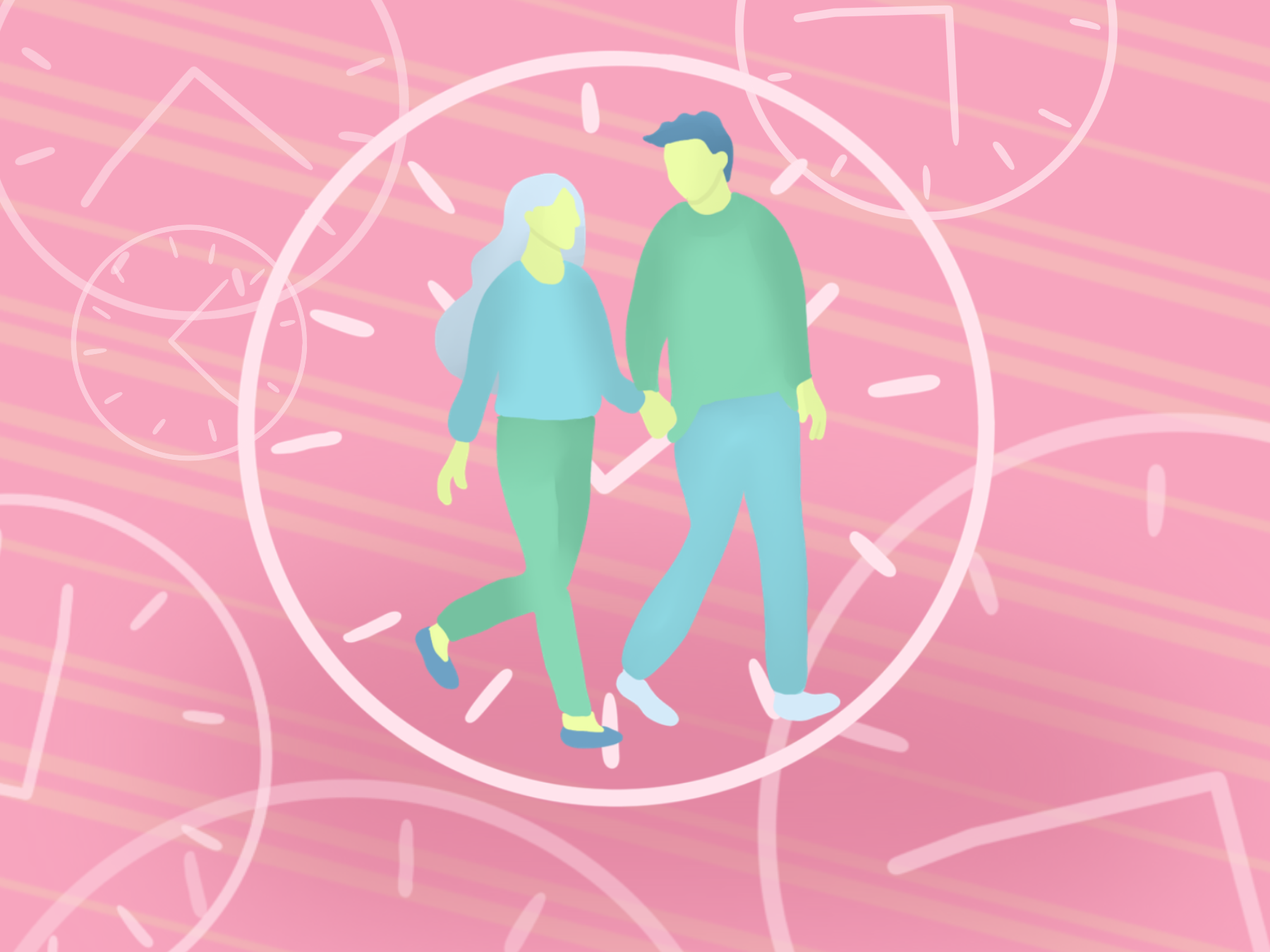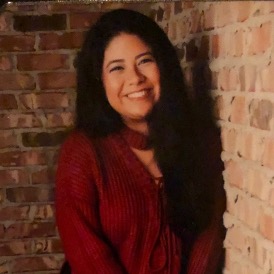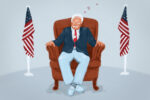Romantic plotlines are staples in media. Typically, they showcase two characters developing intense feelings for one another and pursuing a steady relationship. Some stories detail the ups and downs of a specific pairing; others merely hint at the possibility of a relationship blossoming between two individuals, leaving it up to viewers to decide whether they end up together. The storylines also range in purpose: Some provide an escape for their audiences, while others reflect real-life events. In Hollywood, the “ideal” couple manifests in the form of two actors with considerable age gaps; usually, a beautiful, youthful actress plays alongside an older, more “experienced” male co-star.
Casting a much younger woman opposite a man many years her senior does not arouse any concern for many viewers. They see it as two performers acting for a movie or television series, and nothing more than that. However, there are hidden dangers in portraying relationships with significant age gaps between actors.
For starters, the casting of younger women as the love interests of older men provides one more example of Hollywood’s sexist and ageist attitudes toward female actors. In an interview with The Wrap, Oscar-nominated actress Maggie Gyllenhaal spoke out about her heartbreaking experiences with ageism in Hollywood.
“There are things that are really disappointing about being an actress in Hollywood that surprise me all the time,” she said. “I’m 37 and I was told recently I was too old to play the lover of a man who was 55. It was astonishing to me. It made me feel bad, and then it made me feel angry, and then it made me laugh.”
Although Gyllenhaal approached the delicate subject in a self-deprecating manner (which she had the right to do), her feelings remain entirely valid and understandable. A casting director thought that Gyllenhaal should not receive an acting role because of her age. Hearing those words come out of an influential figure’s mouth would break anybody’s heart; such people can change the course of somebody’s acting career.
Gyllenhaal’s testimony alludes to the toxic idea that female starlets have expiration dates, whereas their male co-stars are considered valuable at any age.
Additionally, this film industry trend robs hundreds of talented, age-appropriate actresses from obtaining potentially life-changing acting roles and furthering their careers. A new analysis of the film industry discovered that female characters remained younger than their male counterparts in the highest-grossing American films of last year. Most women were in their 20s (24%) and 30s (29%). Meanwhile, many of the men in the blockbusters of 2020 were in their 30s (31%) and 40s (28%).
The percentage of female characters in their 30s was 29%, and that figure decreased to 16% in their 40s. 31% of male characters were in their 30s, and that number barely dropped down to 28% in their 40s.
Ten percent of movies last year included male characters 60 and older. In contrast, only 6% of them had female characters 60 and older.
This data further supports the idea that Hollywood deems women irrelevant after they reach a certain age. It genuinely feels as though a female performer’s future in the acting industry grows bleaker the older she gets, a theory that no longer seems unfounded after looking at the statistics.
In addition, the prevalence of age-gap relationships on-screen can seriously warp a viewer’s perspective of the dating world and their definition of a “normal relationship.” More specifically, they normalize the inherent power imbalances that accompany romantic affairs characterized by colossal age differences.
Licensed professional counselor Karen Devlin explained to ReGain how an older person might exert control and manipulate their younger significant other. She said, “One person in the partnership might adopt behavior closer to an older sibling or parent than a partner, and that particular partner might make all decisions. The older partner might also try to enact or enforce rules or regulations on the relationship and keep those in place by asserting their age.”
Devlin added that such actions from the more “mature” individual “could cause concern or warrant further consideration.”
In many affairs with age gaps, the older person will go to great lengths to assert their dominance and make their younger partners feel small. The more inexperienced individual must reflect upon such mistreatment and decide whether the relationship should continue. Repeatedly taking those unbalanced partnerships and depicting them positively in the media will cause audiences to have unrealistic expectations related to dating.
Everyone needs to know that most of these disproportionate relationships seen in films and TV shows are not normal or healthy. Thus, nobody should aspire to have a partnership where their older significant other constantly attempts to exploit their inexperience, immaturity or vulnerability.
Not every single relationship with an age gap signals the presence of predatory behavior or deserves the utmost scrutiny from society; some of them remain healthy and thriving. Nevertheless, “too much” of an age difference in a partnership can exist and prompt understandable anxiety from others. Therefore, the media should consider concerns from the public and approach future portrayals of romance with greater caution.

















